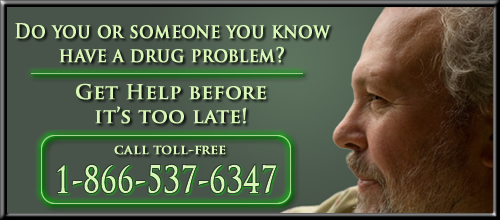Drug Overdose
- Heroin Overdose
- Meth Overdose
- Cocaine Overdose
- Marijuana Overdose
- OxyContin Overdose
- Dilaudid Overdose
- Demerol Overdose
- Amphetamine Overdose
- Ecstasy Overdose
- Ketamine Overdose
- GHB Overdose
- Ritalin Overdose
- LSD Overdose
- Methadone Overdose
- Xanax Overdose
- Vicodin Overdose
- Percocet Overdose
- Hydrococone Overdose
- Ambien Overdose
- Lortab Overdose
- Crack Overdose
- Morphine Overdose
- Opium Overdose
- Drug Overdose Statistics
- Drug Overdose Deaths
- Drug Overdose Treatment

GHB Overdose
.jpg) GHB usually comes as an odorless liquid, slightly salty to the taste, and sold in small bottles. It has also been found in powder and capsule form. It is classified as a sedative-hypnotic, and was originally developed as a sleep-aid.
GHB usually comes as an odorless liquid, slightly salty to the taste, and sold in small bottles. It has also been found in powder and capsule form. It is classified as a sedative-hypnotic, and was originally developed as a sleep-aid.
At lower doses GHB has an euphoric effect similar to alcohol, and can make the user feel relaxed, happy and sociable. Higher doses of GHB can make the user feel dizzy and sleepy, and can sometimes cause vomiting, muscle spasms, and loss of consciousness.
GHB overdoses will always cause loss of consciousness (temporary coma), and will slow down breathing. If mixed with alcohol, GHB can slow breathing down to a dangerously low rate, which has caused a number of deaths. Mixing GHB with alcohol or other depressants is extremely dangerous and has caused many deaths due to respiratory failure. GHB has been shown to inhibit the elimination rate of alcohol. This may explain the respiratory arrest that has been reported after ingestion of both drugs. A review of the details of 194 deaths attributed to or related to GHB over a ten-year period found that most were from respiratory depression caused by interaction with alcohol or other drugs.
A teaspoon or capful of GHB taken orally is usually considered a normal dose, but strength can vary from batch to batch. Careful GHB users start with half a teaspoon and wait at least a hour before deciding whether to take more. The effects of GHB are usually felt between ten minutes and one hour after ingestion. The primary effects of GHB last about 2-3 hours, but residual effects can last up to a whole day. It's hard to find the proper dose with GHB. A teaspoon might be perfect one time, but an overdose the next time. It depends on body weight, and how much food is in the stomach, and other random factors. The effects of GHB may not peak for up to two hours, and many overdoses have occurred from people not waiting long enough before taking more.
Overdose of GHB can be difficult to treat because of its multiple effects on the body. GHB may cause rapid unconsciousness at doses above 3500 mg, with single doses over 7000 mg often causing life-threatening respiratory depression, and higher doses still inducing bradycardia and cardiac arrest. Other side-effects include convulsions (especially when combined with stimulants), and nausea/vomiting (especially when combined with alcohol).
The greatest life threat due to GHB overdose (with or without other substances) is respiratory arrest. Other common causes of death due to GHB ingestion and overdose include aspiration of vomit, asphyxia, and trauma sustained while intoxicated (e.g., motor vehicle accidents while driving under the influence of GHB
